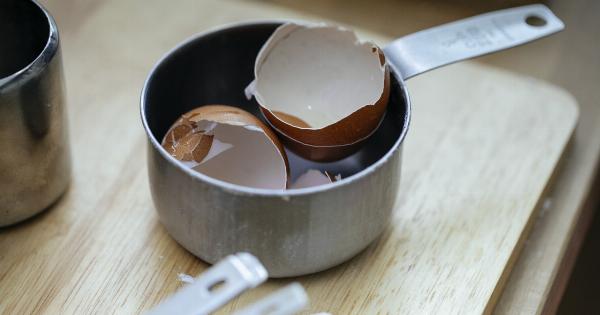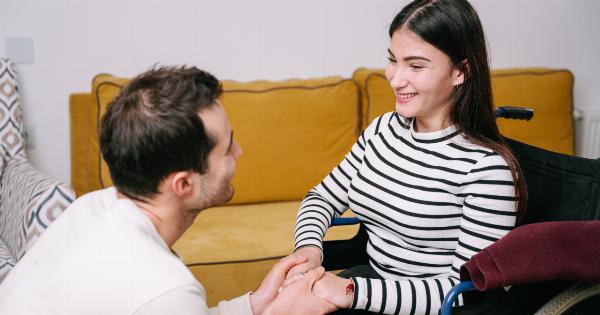Depression is a common side effect of stroke. In fact, up to one-third of stroke survivors experience depression, according to the National Stroke Association.
The reasons for this connection are not entirely clear, but researchers speculate that the physical and emotional toll of a stroke can contribute to the development of depression. Understanding and addressing this connection is important for stroke survivors and their caregivers.
What is a Stroke?
A stroke occurs when blood flow to the brain is disrupted, either by a clot or a hemorrhage. This can lead to brain damage and a wide range of physical and cognitive effects, depending on the severity and location of the stroke.
Symptoms may include paralysis or weakness, difficulty speaking or understanding language, vision problems, and memory or cognitive issues.
What is Depression?
Depression is a mood disorder characterized by persistent feelings of sadness, hopelessness, and lack of interest or pleasure in activities. Other symptoms may include changes in appetite, sleep disturbances, fatigue, and difficulty concentrating.
Depression is a common condition that can be caused by a variety of factors, including genetics, life events, and health problems.
The Connection Between Stroke and Depression
There are several factors that may contribute to the development of depression following a stroke. These include:.
- Brain damage: Stroke can cause physical changes to the brain that may contribute to depression. Areas of the brain that regulate mood may be damaged, leading to chemical imbalances that affect mood.
- Physical limitations: Stroke survivors may experience physical limitations that can make it difficult to participate in activities they once enjoyed. This can lead to feelings of isolation and boredom, which can contribute to depression.
- Cognitive changes: Stroke survivors may experience cognitive changes such as difficulty with memory or problem-solving. These changes can lead to frustration and a sense of hopelessness, which can contribute to depression.
- Life changes: A stroke can be a life-changing event that can lead to financial and relationship stress, which can contribute to depression.
It’s important to note that depression following a stroke is not a sign of weakness or a character flaw. It is a common and often treatable condition that should be addressed by a healthcare professional.
Recognizing the Symptoms of Depression
It’s important for stroke survivors and their caregivers to recognize the symptoms of depression so that they can seek treatment if necessary. Symptoms may include:.
- Persistent feelings of sadness or hopelessness
- Lack of interest or pleasure in activities
- Changes in appetite or weight
- Sleep disturbances
- Fatigue or lack of energy
- Difficulty concentrating
- Thoughts of suicide or self-harm
If you or a loved one is experiencing these symptoms, it’s important to talk with a healthcare professional. Treatment options may include medication, therapy, or a combination of both.
Preventing Depression Following a Stroke
There are several steps that stroke survivors can take to help prevent depression:.
- Stay active: Physical activity can help improve mood and reduce the risk of depression. Even small amounts of exercise can be beneficial.
- Maintain social connections: Spending time with friends and family can help reduce feelings of isolation and loneliness.
- Engage in meaningful activities: Participating in activities that bring joy or a sense of purpose can help improve mood.
- Seek professional help: If you’re experiencing symptoms of depression, don’t hesitate to talk with a healthcare professional. Treatment can be effective and can help improve quality of life.
Conclusion
Depression is a common side effect of stroke, but it is a treatable condition. Understanding the connection between stroke and depression can help stroke survivors and their caregivers recognize the symptoms and seek treatment if necessary.
Maintaining physical activity, social connections, and engaging in meaningful activities can help reduce the risk of depression following a stroke.






























